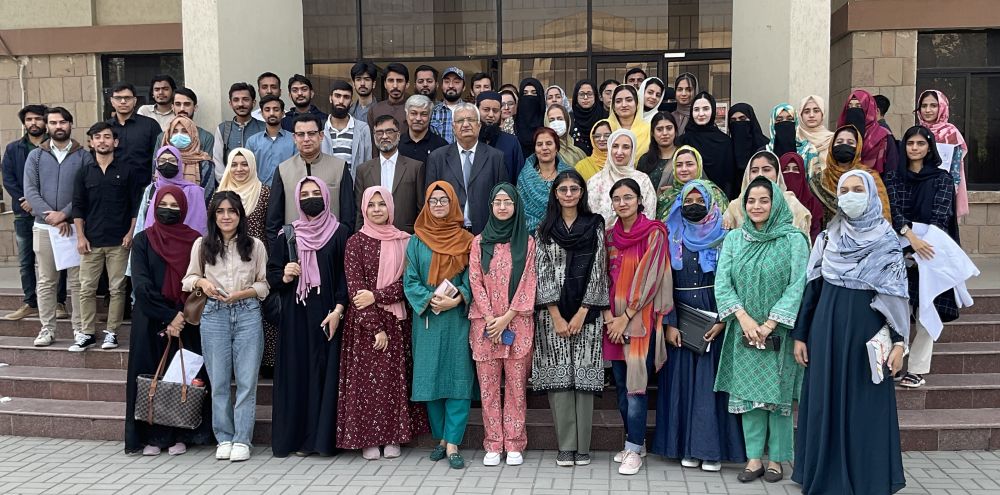Conflict Isn’t the Enemy - Misunderstanding Is - Successful Leadership Must Understand Team Members Individually
Posted 7 months ago
In today’s fast-evolving workplace, one truth stands stronger than ever: understanding people unlocks productivity. Not just their skills but who they are, how they think, what motivates them, and how they react under stress. That’s where modern personality tools come in, not as gimmicks or labels but as practical, science-backed strategies to enhance communication, reduce friction, and build teams that truly function.
Experts in organizational behavior and leadership psychology believe that mastering personality dynamics isn’t just helpful. It’s mandatory for organizational success.
The Power of Self-Awareness
It all starts with you. Before managing others, you have to understand how you operate. Tools like Myers-Briggs (MBTI), DiSC, StrengthsFinder, and the Interpersonal Dynamics Inventory have gone mainstream for a reason: they reveal patterns in how you work, lead, and relate to others.
Too often, people take personality test results as a fixed identity like “I’m an introvert” or “I’m a visionary.” However, the true power lies in utilizing those insights to adapt, stretch your comfort zone, build stronger relationships, and resolve workplace problems with precision.
Leadership Is Adaptation, Not Domination
Gone are the days when managers ruled by uniform rules. Today’s best leaders recognize and celebrate the unique strengths that each individual brings to the table, fostering a more open-minded and inclusive work environment.
The modern workplace is a team of personalities, not just titles. The most successful managers are those who know how to blend different styles to drive innovation, solve problems, and energize collaboration.
Stop Labeling, Start Listening
Experts advise that, “Ask your team: Is our relationship working? Do you feel heard? What could make our collaboration smoother?” These aren’t fluffy HR questions. They’re the root of emotional intelligence in leadership. What matters more is how you integrate different working styles into your team and whether your culture supports diverse ways of thinking.
Building a Personality-Savvy Culture
Top companies are moving past buzzwords like “culture fit.” Instead, they’re embracing perspective diversity, the idea that people who think differently can solve problems more creatively if managed well. For example, team evaluations shouldn’t just track key performance indicators (KPIs). They should reflect on team dynamics. Regular meetings should include space for people to discuss not only tasks but also how they’re working together.
When people understand each other’s core motivations and tendencies, they’re less likely to misinterpret silence as disapproval or assertiveness as arrogance, fostering a culture of empathy and understanding.
Conflict Isn’t the Enemy - Misunderstanding Is
Every workplace has tension. But it’s often a clash of styles, not values. One person wants to analyze; another wants to act. One thrives with clarity; another prefers flexibility. The trick is recognizing the pattern, talking about it early, and co-creating solutions.
Experts suggest that successful leaders ask better questions in conflict:
- “What do you need from me to work better together?”
- “What’s your preferred way of giving and receiving feedback?”
- “What’s one thing I could change that would help us both succeed?”
According to Prof. Dr. Muhammad Mukhtar, understanding your personality is like reading a map. It doesn’t tell you where you’ll end up, but it shows the roads you’re likely to take and which ones might be a pleasant and successful journey. Leaders and professionals who invest in this self-awareness are finding themselves more successful, more empathetic, and more effective. And the best part? It’s a learnable skill.
As described by an organizational behavior expert, when you understand yourself and understand others, you don’t just manage people. You lead them.





